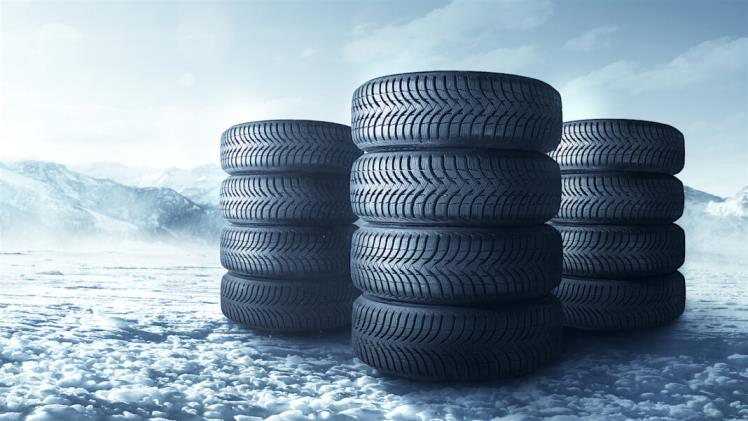When it comes to choosing the right tires for your vehicle, it can be overwhelming trying to understand all the different types and terms. Two terms that are often used interchangeably are “All-Season” and “All-Weather” tires. But what exactly is the difference between the two? In this article, we will take a closer look at the key differences between All-Season and All-Weather Tires, so you can make an informed decision when it’s time for your next tyre installations Fairfield.
All-Season Tires
All-Season Tires are designed to provide good traction and handling in a variety of weather conditions, including dry, wet, and light snow. They are a popular choice for many drivers because they can be used year-round and do not require the hassle and expense of switching between different types of tires.
All-Season Tires typically have a tread design that is optimized for wet and dry roads, but they may not perform as well in heavy snow or icy conditions. They also tend to have a softer rubber compound that provides good traction in warmer temperatures but can wear down faster in colder temperatures.
All-Weather Tires
All-Weather Tires, on the other hand, are designed to provide better performance in a wider range of weather conditions, including heavy snow and icy conditions. They typically have a more aggressive tread design and a rubber compound that is optimized for colder temperatures.
All-Weather Tires are also typically marked with the “Three-Peak Mountain Snowflake” symbol, which indicates that they have been certified by the Rubber Manufacturer’s Association (RMA) as meeting specific performance criteria for use in severe snow conditions.
Difference in Performance
All-Season Tires are designed to perform well in a variety of weather conditions, but they may not perform as well as All-Weather Tires in extreme weather conditions such as heavy snow or icy conditions. On the other hand, All-Weather Tires are specifically designed to provide better performance in extreme weather conditions, but they may not provide as good traction and handling in dry or warm weather conditions as All-Season Tires.
In terms of the tread life, All-Weather Tires have a longer tread life than All-Season Tires as they are made with a harder rubber compound. All-Season Tires have a softer rubber compound which wears out faster.
Which one to choose?
The choice between All-Season and All-Weather Tires ultimately comes down to your driving habits and the types of weather conditions you typically encounter. If you live in an area with mild winters and mostly dry or wet roads, All-Season Tires may be a good choice for you. But if you live in an area with heavy snow or icy conditions, All-Weather Tires may be a better choice to ensure your safety on the road.
In addition, it’s also worth considering the type of vehicle you drive and the type of driving you do. For example, if you drive a high-performance sports car, All-Season Tires may be the best choice to ensure good handling and traction in all weather conditions. But if you drive a larger vehicle or one that is used for heavy-duty work, All-Weather Tires may be the better choice for better traction and durability.
Choosing between All-Season and All-Weather Tires comes down to your specific driving needs and the weather conditions you typically encounter. It’s always a good idea to consult with a professional at your local tire shop to get their expert advice on which type of tires will be best for your vehicle and your driving habits. With the right tires, you can ensure your safety on the road.

